The nations living together in the Carpathian Basin can only survive as the collective heirs of Saint Stephen, cooperating with each other, said Laszlo Kover, speaker of the Hungarian parliament, in Nagykapos (Velke Kapusany), Slovakia, on Sunday, delivering a ceremonial speech at the commemoration of Hungary's national holiday celebrated on August 20.
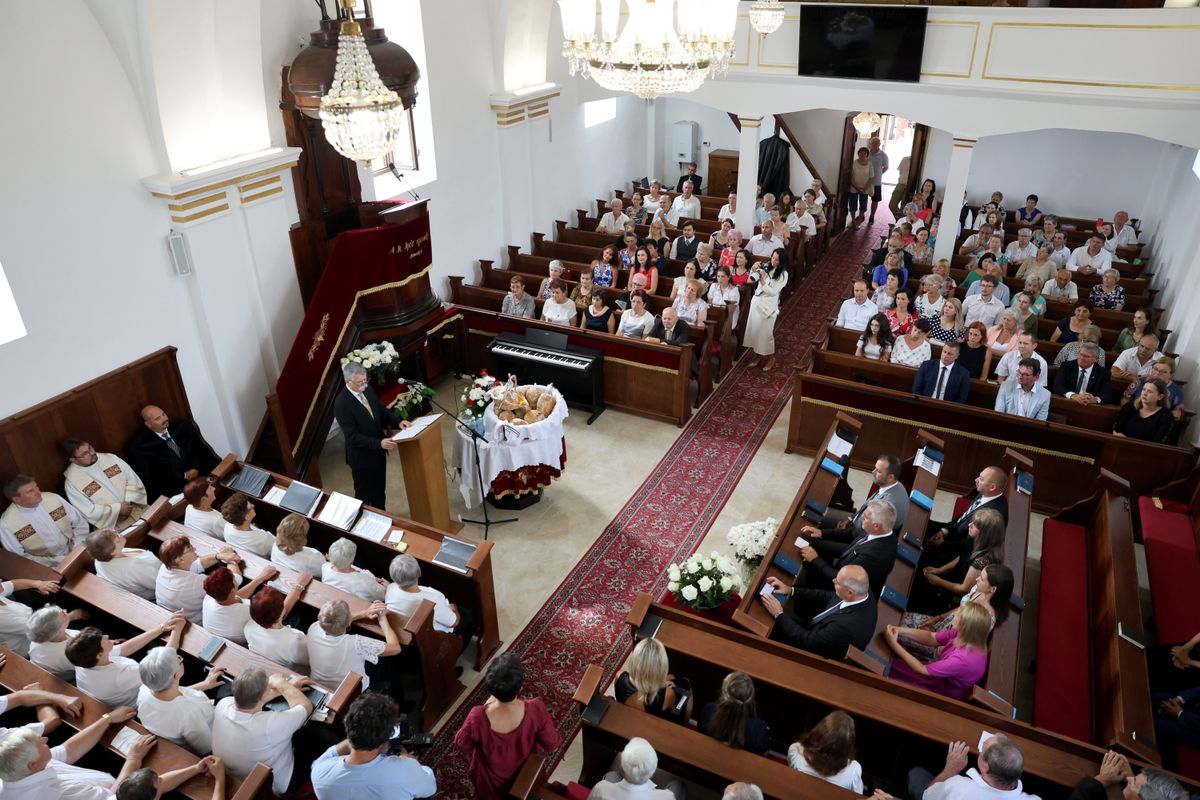
Nagykapos (Velke Kapusany) with a high ethnic Hungarian population is one of the easternmost settlements in southern Slovakia near both the Hungarian and Ukrainian borders. In is speech delivered during a commemorative service in the local church, the speaker of Hungary's National Assembly recalled significant events in Hungarian history, such as the Battle of Bratislava, which marked the end of the Hungarian conquest of the Carpathian Basin or the founding of the Christian Hungarian state.
He pointed out that since the era of the Hungarian conquest, every generation of Hungarians who wanted to live in freedom and in the order of their own design has been tempted and tested through the aspirations of various foreign empires that sought to abolish Hungarian freedom and way of living, sought to drive away or even exterminate Hungarians. Although Hungary has changed throughout history, its territory sometimes became larger, sometimes smaller, sometimes it was invaded, sometimes it seemed to be destroyed, the country always had the strength to find paths to survival and a new beginning, he added.
"Empires have invaded us from the East and the West, and then disappeared into the abyss of history, while Hungary, tormented by them, has always been reborn on the foundations laid by Saint Stephen," Laszlo Kover pointed out. Throughout more than a thousand years, the Hungarians have seen almost everything: prosperity, decline, wars, murderous invasion from the East, but also how the West failed Hungarians and how the empires of the West and the East joined forces to crush the Hungarians' struggle for freedom.
Today, we are witnessing how European national states as public powers are being captured by global private forces that concentrate economic power that surpasses that of most states; and how the European Union, which used to embody our European ideals of peace, democracy, prosperity and our culture rooted in Christianity, is being turned into an instrument catering for war, dictatorship, impoverishment and anti-Christian sentiment by the same forces, Laszlo Kover highlighted.
Life in the Carpathian Basin has never been easy, he noted, and neither is it now, in times threatening with the outbreak of a third world war, but the legacy of Saint Stephen's ideals has always shown the Hungarians a safe path even in the most difficult times, and this is no different now.
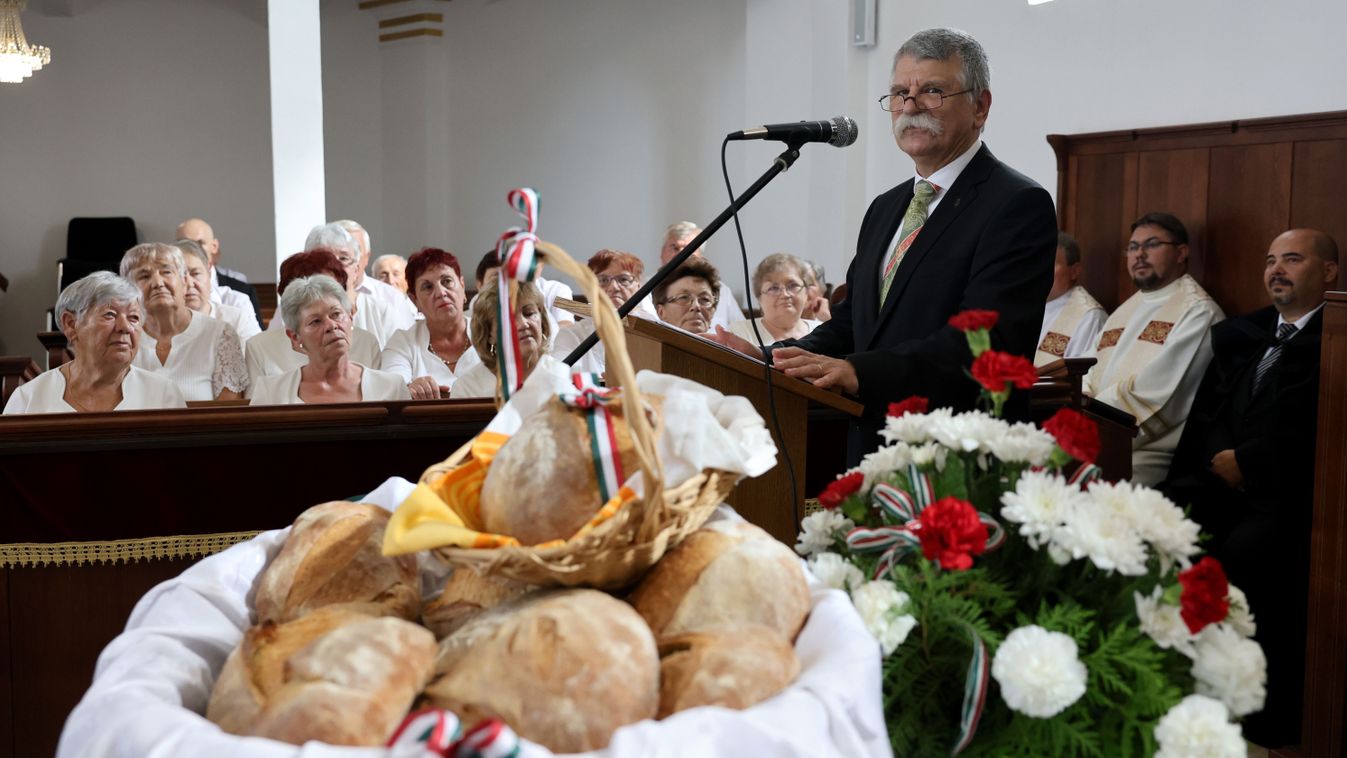
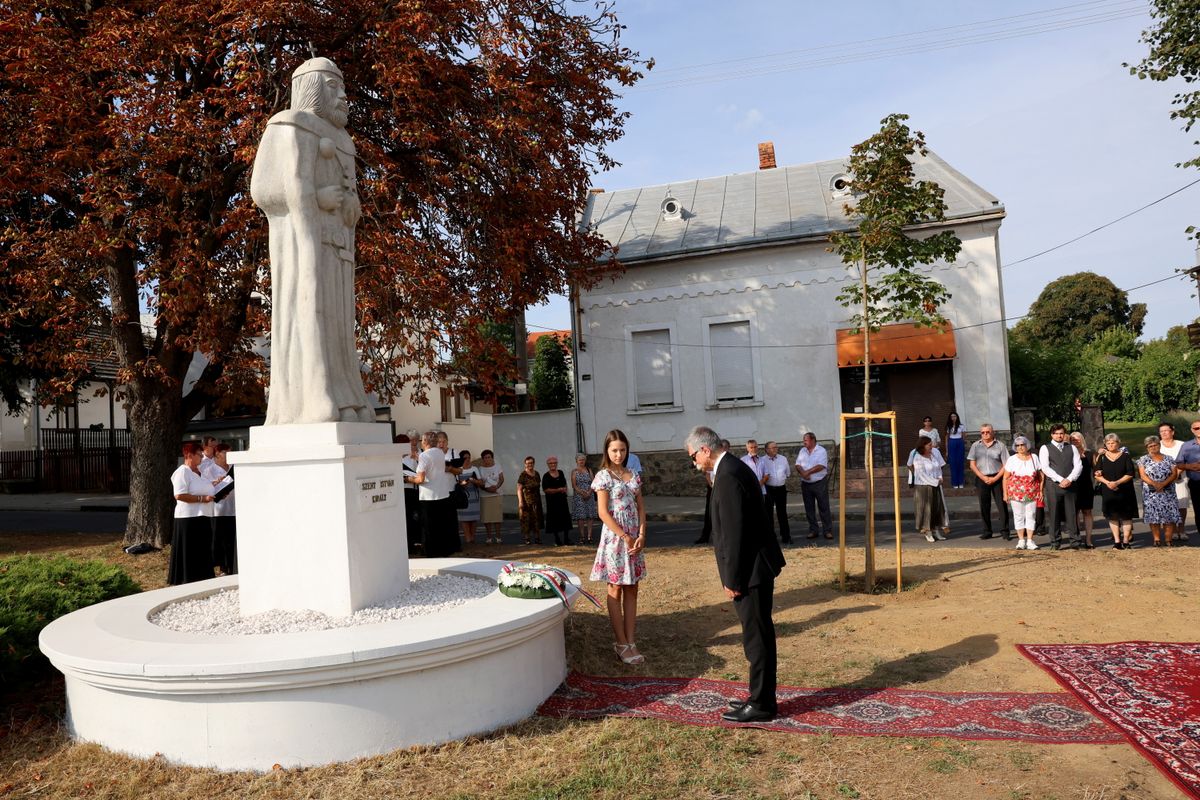





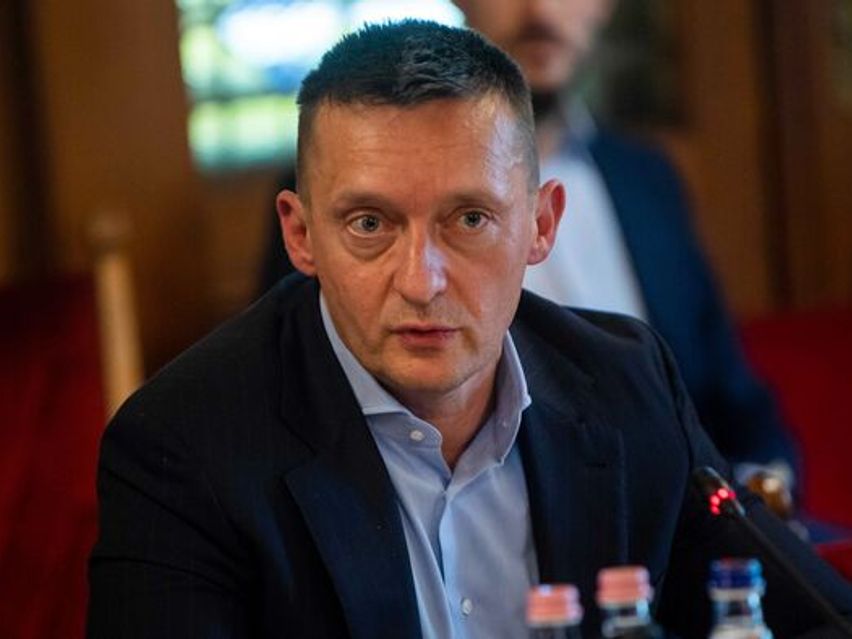
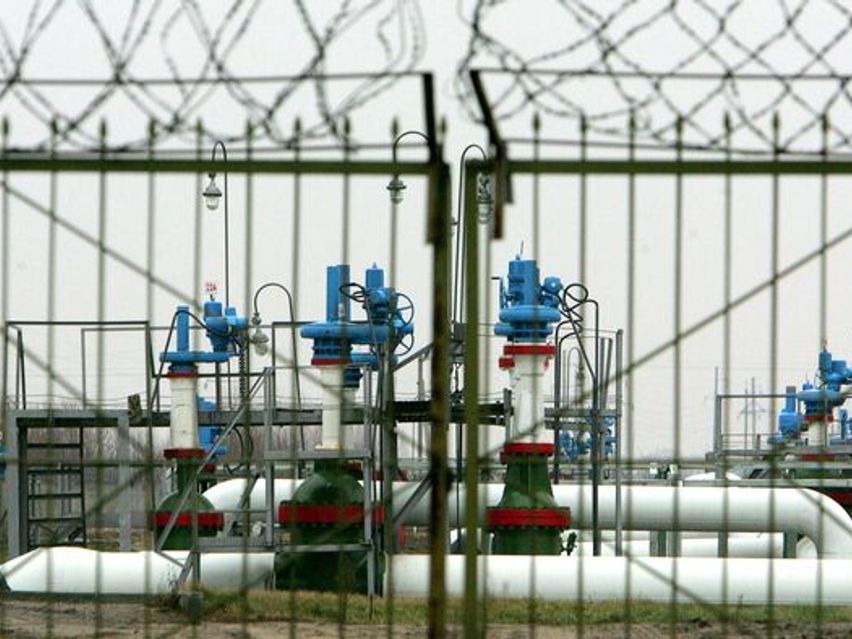






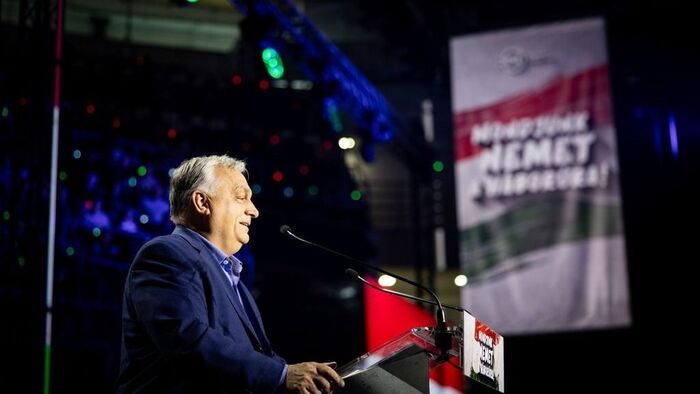
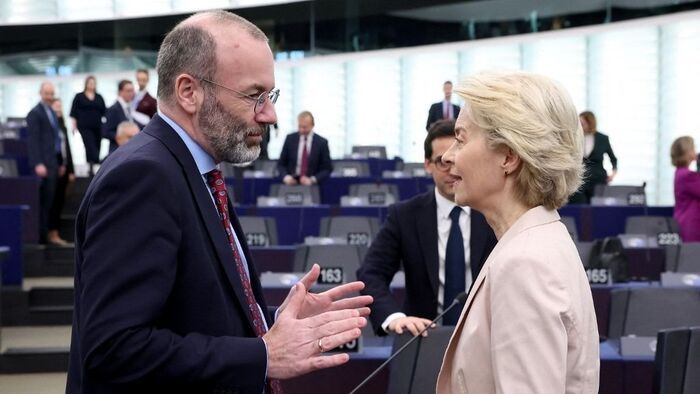

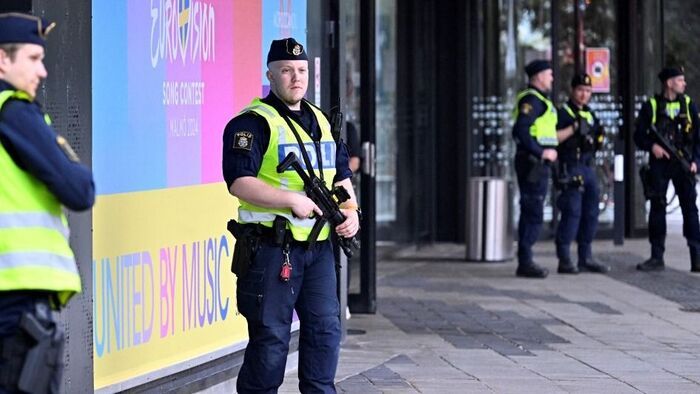


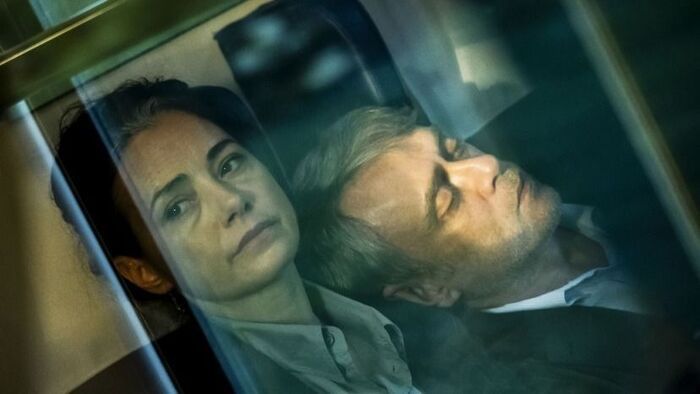


Szóljon hozzá!
Jelenleg csak a hozzászólások egy kis részét látja. Hozzászóláshoz és a további kommentek megtekintéséhez lépjen be, vagy regisztráljon!